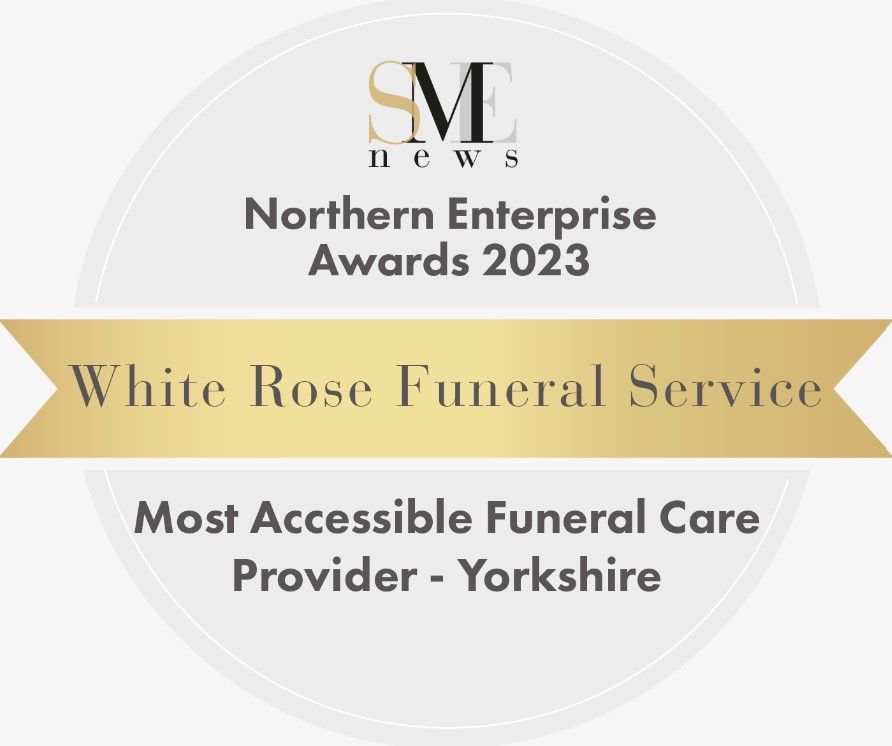Steps To Take When Someone Dies
The following sections explain the Steps to take when someone passes away, including
contacting
funeral homes
for assistance :
Registering a Death in the UK
A death must be registered in person, and the registration must take place in the district where the death occurred.
The Medical Examiner will independently scrutinise all deaths that do not involve a post mortem or inquest. They will receive the Medical Certificate of Cause of Death from the Doctor for scrutiny. Their role is to liaise with the doctor and family about the cause of death and, where necessary, engage with the coroner.
Once scrutinised, the Medical Examiner Officers will email a copy of the Medical Certificate of Cause of Death to the Registration Office. Upon receipt of the paperwork, they will contact the next of kin to arrange an appointment.
A death must be registered within five days from the date the Registration Office receives the paperwork from the medical examiner. This period can be extended if the coroner is involved and in some other exceptional circumstances.
What to do if a Death is referred to the Coroner
In some cases, a death will be referred to the Coroner for investigation. Once the Coroner's investigations are completed, he/she will contact you and will provide written notification to the registrar for the registration to proceed.
Inquests: If an inquest is held, the Coroner will inform the registrar once the inquest is over and the death will be registered. You do not need an appointment to register. If you wish to purchase death certificates, you can order these online at Ordering a certificate – Wakefield Council.
Who can register a death? The primary responsibility for registering a death rests with the closest relative by blood or marriage. If no relative is available to register, please contact the Registration Office for advice.
The Appointment: When the Registration Office contacts you, it will be by telephone and from a withheld number. They will arrange an appointment for you to attend either the Wakefield or Pontefract office.
The appointment will be confirmed by email. It is important that you arrive on time for your appointment. The appointment will last approximately 30 minutes.
The registrar will require certain information from you to register the death; this can be found HERE.
Documents relating to the deceased that may be helpful but are not essential at the point of
registration are;
- Passport and/or Birth Certificate
- Proof of Address, i.e., utility bill
- Deed Poll (if applicable)
- NHS Medical Card
- Marriage and/or Civil Partnership Certificates – including any from previous relationships which are available
What documents you will receive from the registrar
After the information has been recorded, the registrar will issue the necessary forms and
certificates. Death certificates can be purchased at a statutory fee of £12.50 each. The Form 9 (green form) – the forms required to proceed with the funeral arrangements will
be given to you at the end of the appointment to pass on to the funeral director.
Tell us Once Service
Many authorities have a ‘Tell us Once’ service which allows you to inform a number of government departments about a death in one go. Tell Us Once is a free, optional service available after you have registered a death with the registrar. It allows you to notify multiple government and local council departments at once, saving you time and reducing the need to repeat difficult conversations. The service will contact organisations such as HMRC, the Department for Work and Pensions, and local council services on your behalf.
To learn more about how it works, you can watch this short information video.
You will be given a unique reference number to use, either online or by telephone (on 0800 0857308).
If you choose to use the ‘Tell us Once’ service, you will need the following information for the person who has died:
- date of birth
- national insurance number
- driving licence number (if they had one)
- passport number (if they had one)
- Details of any benefits and pensions
- Details of any Local Authority Services – i.e.: did they have a blue badge
- Contact details for the next of kin
- Contact details for the person dealing with the deceased’s estate – names of any Executors
With this information, ‘Tell us Once’ will then inform:
- HMRC – to organise tax and benefit cancellation
- DWP – to stop pension payments and benefits or recalculate benefits where necessary
- DVLA – to cancel a driving licence
- Passport office – stop a Passport
- Local Authorities – Contacting the local council to cancel council tax, housing benefit, remove from the electoral register and cancellation of a Blue Badge if required
- Private & Armed Forces – to contact the relevant authorities in regard to any relevant pensions
At the end of your appointment the registrar will issue you with a unique reference number, so you can use the service online or by phone.
For more information visit the GOV.UK advice page
HERE.
When a person passes away, there will be a number of important things that will require immediate attention from.
Funeral homes
can often provide valuable support and resources during this difficult time.




